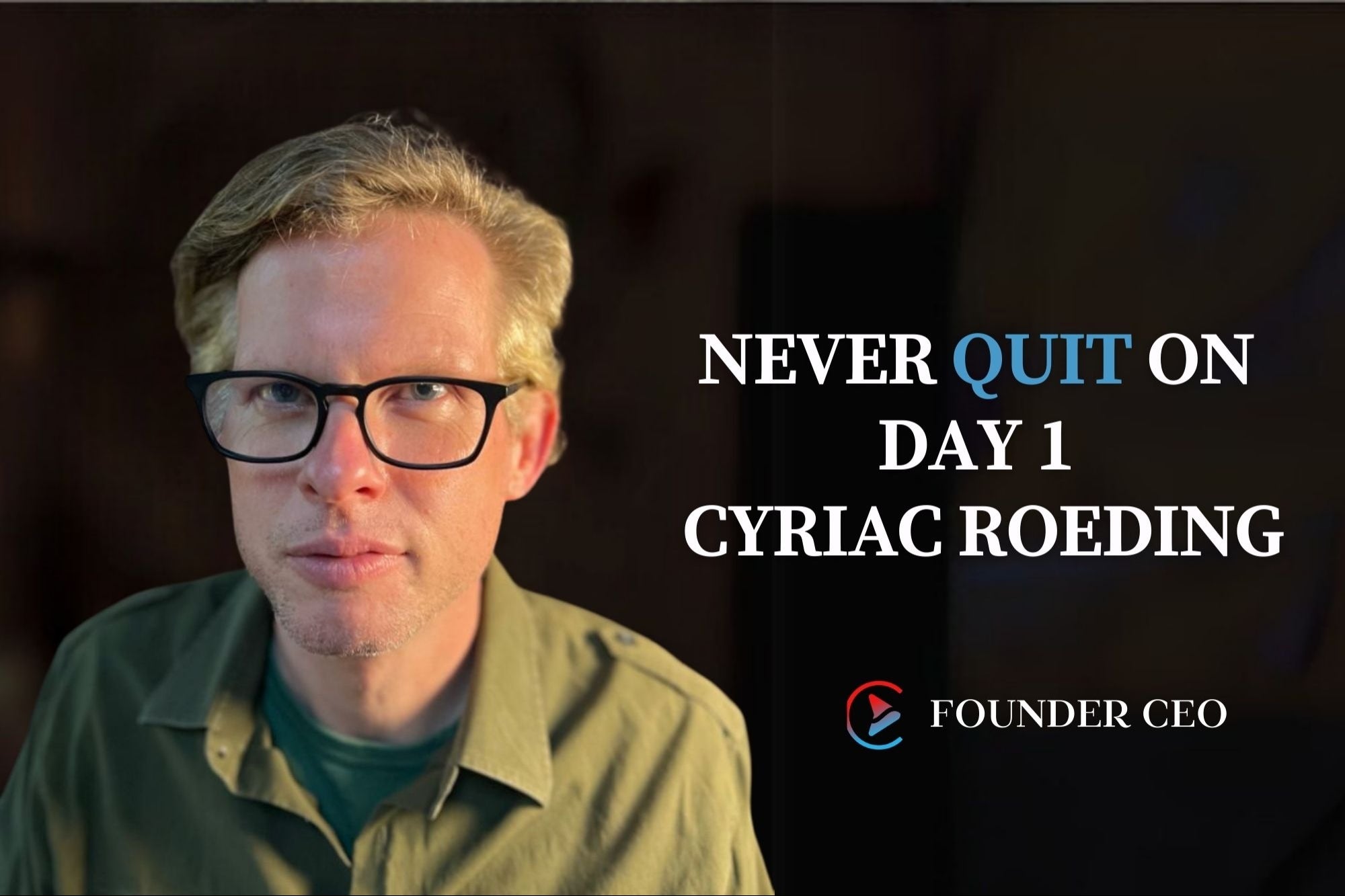5 Social-Media Marketing Lessons From the ALS Ice Bucket Challenge No one can be certain what social-media gambit will go viral but the mania for dumping icy water on each other offers helpful pointers.
By Robert Tuchman Edited by Dan Bova
As a board member for the ALS Greater New York Chapter, I have had a front row seat for the evolution of the now famous #ALSIceBucketChallenge" and how social media can impact a business almost overnight. The IceBucketChallenge, when it's all said and done, might just be the most viral post of all time. While you can't always replicate an idea with the same results, there are some important take-aways for all entrepreneurs.
Related: A Scientific Take on Viral Marketing
Here are five reasons why the "ALS Ice bucket challenge" took off and how you can implement them to benefit your own business.
1. The power of video. Videos have more of a tendency to go viral because watching them is more of an experience than simply looking at a photo. With the combined worldwide popularity of YouTube and Facebook, if something hits the right chord it will take off with lightning speed and reach exponentially more people. The big key is that sharing video only recently became a main stream form of content on Facebook.
2. It was fun. Something that is fun for the participant and funny for the viewers is a great combination. Dumping a bucket of ice water over your head is such a simple, silly thing to do. Who doesn't want to see people you know in this compromising position and if you yourself have to participate, it's worth it.
3. Celebrity appeal. Because it was fun, people of all ages and all walks of life took part and that included celebrities. These de facto endorsements would have cost billions of dollars if they had involved a typical, contractual agreement vs. a spur-of-the-moment viral event.
Related:
4. Timing. The only time this would have worked was mid-summer when the weather is, in most places, acceptable for a stunt like this. Few people would be willing to throw a bucket of ice water over their head in the middle of winter even for a worthy cause such as ALS.
5. Charity angle. People felt they were a part of something in two ways. They were having a shared experience with others and the charitable element turned it into feel-good cause marketing. Most people would not have done this if not for the charity element.
The lesson learned from the "ALS Ice Bucket Challenge" is that if a basic social media marketing plan is well-constructed, there is no limit to the effect it can have on your business. Think about what you want to accomplish and then sometimes the simplest, most entertaining idea, combined with the right timing, can have a big impact.
Related:










